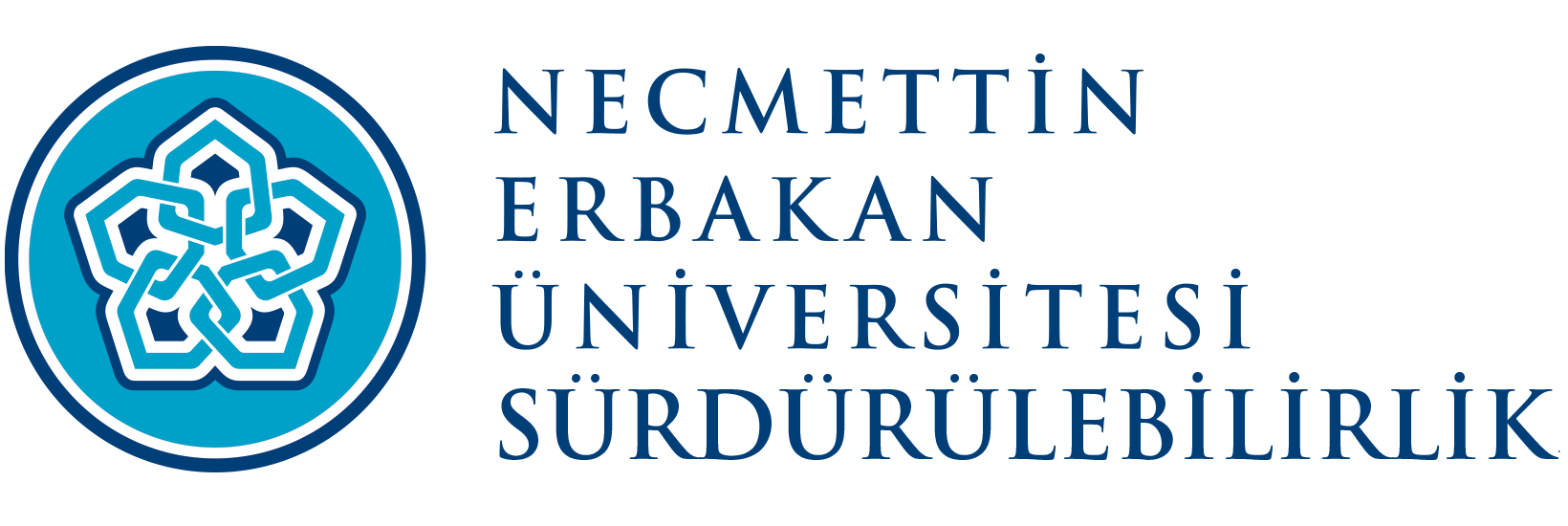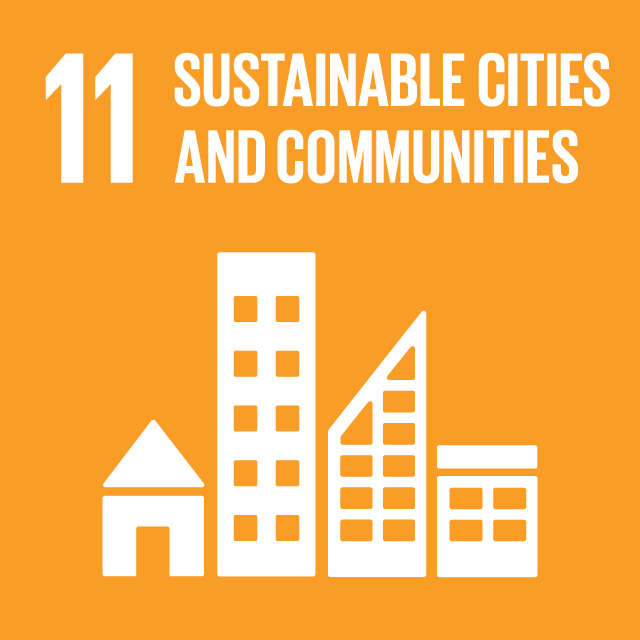
Publication Ethics

| Date | 21.12.2023 |
| Department | Faculty of Law |
| SDG |    |
A paper on the publication ethics was presented within the scope of the Copyright Law Academy project organized by the Social Innovation Agency operating within the Konya Metropolitan Municipality. Regarding publication ethics, Dr. Fatih Kaleci made a presentation on the following issues: Media ethics refers to the specific norms and rules to be adhered to during the production, dissemination, and consumption of content in the field of media and communication. Here are the fundamental principles of media ethics:
Accuracy and Impartiality: Publications should reflect facts accurately and impartially. News and content should be based on reliable sources of accurate information.
Independence: Media organizations should strive to operate independently without being dependent on political, economic, or other external influences. Independence aims to maintain an objective and fair perspective.
Human Rights and Honesty: Publications should respect human rights and avoid manipulation. The principle of honesty requires being truthful and fair towards viewers, listeners, or readers.
Privacy and Sensitivity: Respect for the privacy of personal information is crucial. Avoidance of interference in private matters and careful handling of sensitive topics are essential.
Children's Rights: Special attention should be given to protecting children and respecting their rights. Harmful content should be avoided, and elements that could negatively impact children should be kept to a minimum.
Diversity and Inclusion: Publications should make an effort to represent various segments of society and present different perspectives. Sensitivity to factors such as gender, ethnicity, religion, and language is crucial.
Social Responsibility: Media organizations should be aware of their social responsibilities and strive to consider the general interests of society. Anticipating and minimizing negative impacts is important.
These principles are applied to guide the influence of the media on society and to create a positive communication environment. Media ethics serves as a guiding framework for media professionals, journalists, and content creators.